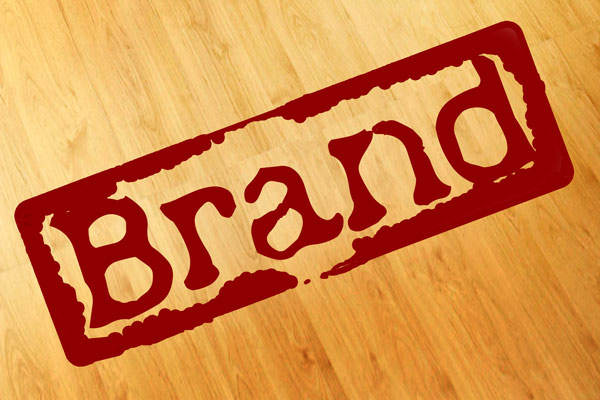 Your company likely focused on building its consumer brand long before you began worrying about building an employer brand. And while the two are promoting the same company and may share the same message of values and culture, your employer brand is actually quite different from your consumer brand.
Your company likely focused on building its consumer brand long before you began worrying about building an employer brand. And while the two are promoting the same company and may share the same message of values and culture, your employer brand is actually quite different from your consumer brand.
A consumer brand proposition defines a product or service offer, while an employee value proposition defines your organization’s employment offer.
The human resources department and the marketing department may use many of the same tools to promote their brands, those brands should be distinct in at least three ways:
Target Audience
Your company’s marketing department is interested in promoting its consumer brand to the people or companies that might be interested in purchasing your products or services. In most cases, those are not the same people your human resources department would target as potential star employees. The target audience for your employer brand is the people you would love to have join your team. Because your employer brand seeks to reach a different audience from your consumer brand, it must communicate in ways that are likely to reach those potential employees, not potential customers.
Not only do the two brands aim to reach different groups of people; they also aim for a different number of people. Consumer marketing typically attempts to maximize the number of people attracted to purchasing the brand, while employers focus on attracting the optimum number of employees with the right fit for the job or the culture. It’s a matter of quantity versus quality.
Relationship to Audience
Not only is your employer brand attempting to reach a different group of people than your company’s consumer brand, but it is also pursuing a different type of relationship with those people. The consumer brand is strictly transactional; the brand promise simply needs to attract customers who will purchase your products or services. The employer brand is much more intimate. For instance, consumers usually are not aware of all of the organization’s flaws, while employees know them all too well.
The relationship difference is a bit like the difference between your son’s male buddies who come to the house to watch football, and his fiancé, who will become family once they are married. The male buddies just need to like you and your home enough to spend a little time there with your son, and they will never really care about your family quirks. The daughter-in-law, on the other hand, will learn most everything about you and your family; she will become an insider.
Risks and Rewards
Finally, for your brands’ target audience, the risks and rewards and very different. For a consumer, choosing which brand of cereal or computer hardware to buy is a decision that usually doesn’t involve much complexity or emotion. On the other hand, for a potential employee, deciding where to accept an offer of employment usually involves an extremely high level of complexity and emotional engagement.
When you make a brand promise to a potential employee, the weight of expectation to fulfill that promise is intense. Unlike a consumer who is unhappy with a purchase, an employee who takes a job and then finds it to be inconsistent with the brand promise cannot simply return it. Instead, reconsidering that employment decision can represent major life upheaval. Because the risks are so high, employer brands must especially focus on living up to their promises.
From the Glassdoor Talent Solutions Blog
 About Glassdoor: Glassdoor is the world’s most transparent career community that is changing the way people find jobs, and companies recruit top talent. Glassdoor holds a growing database of 6 million company reviews, CEO approval ratings, salary reports, interview reviews and questions, office photos and more.
About Glassdoor: Glassdoor is the world’s most transparent career community that is changing the way people find jobs, and companies recruit top talent. Glassdoor holds a growing database of 6 million company reviews, CEO approval ratings, salary reports, interview reviews and questions, office photos and more.
Unlike other jobs sites, all of this information is entirely shared by those who know a company best — the employees.
For employers, Glassdoor offers effective recruiting and employer branding solutions via Glassdoor Talent Solutions. We help more than 1,500 employers promote their employer brand to candidates researching them and advertise their jobs to ideal candidates who may not be aware of them. What differentiates Glassdoor from other recruiting channels is the quality of job candidates we deliver and our influence on candidates’ decisions as they research jobs and companies.
Recruit Smarter
Weekly news and industry insights delivered straight to your inbox.





